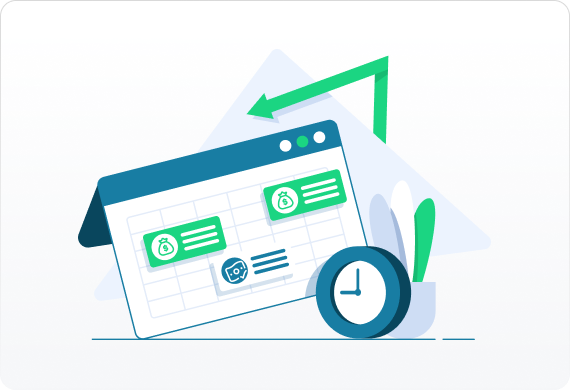The media, marketing, and advertising industry had a rough year in 2020. Hit by the pandemic, revenue declined 3.1% as clients cut back on marketing spending. This came after years of steady growth. However, the industry is expected to rebound in 2021 and beyond. Experts predict that revenues will grow 3.0% to $59.2 billion by the end of 2021. Digital and social media marketing continues to be a hot area for expansion.Worldwide, companies are seeing the benefits of mergers and acquisitions, which grew 15% in 2019. By combining talents and client lists, agencies can continue to grow.
If you own a marketing or advertising agency, or are thinking of launching a new business, there are still plenty of opportunities in the industry. Or, maybe it’s time to acquire or merge with a competitor to launch your business’ next lifecycle. To fund your next step, consider taking out a loan. Borrowed capital allows small business owners to fund their business plans while using the business’ cash flows to cover existing expenses. It allows you to avoid dipping into cash reserves or investments. But, before you apply for a loan, ask yourself a few questions to determine the best small business loan for your marketing or media company.







